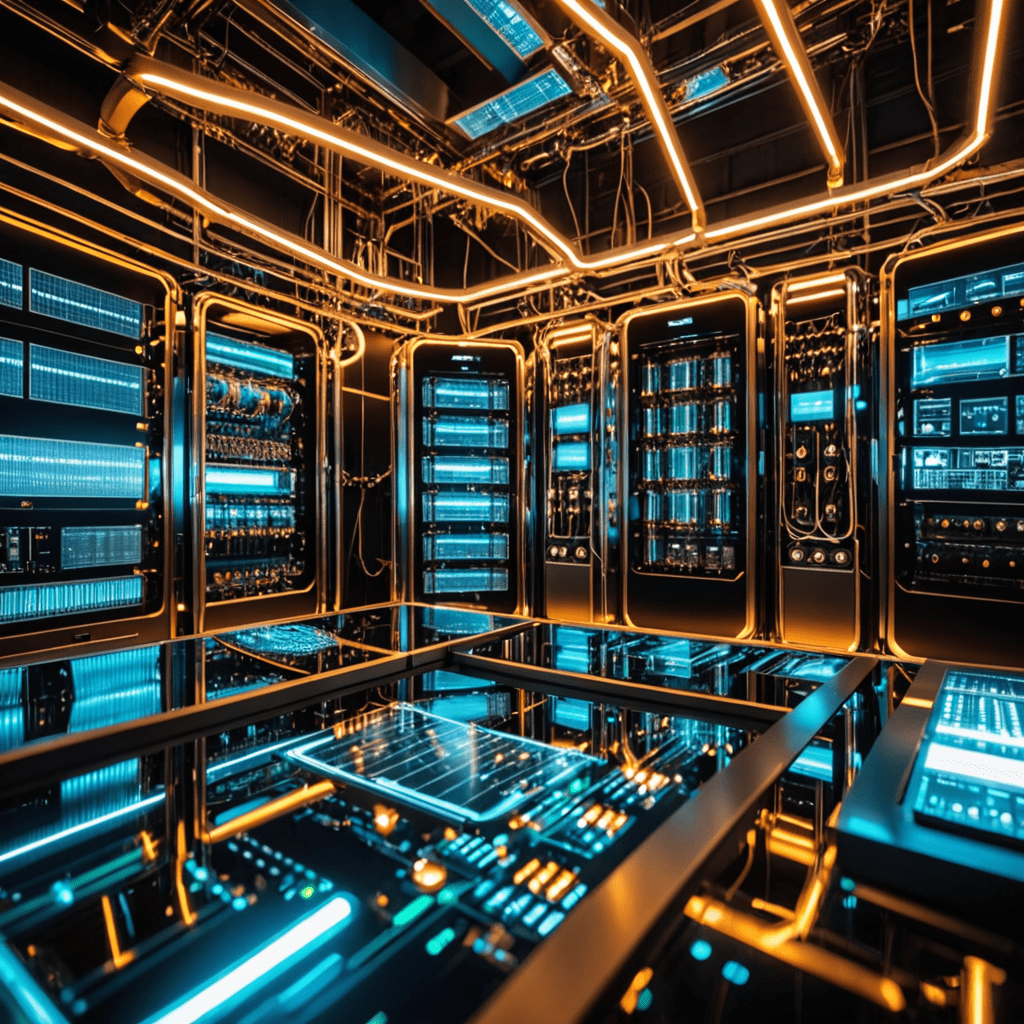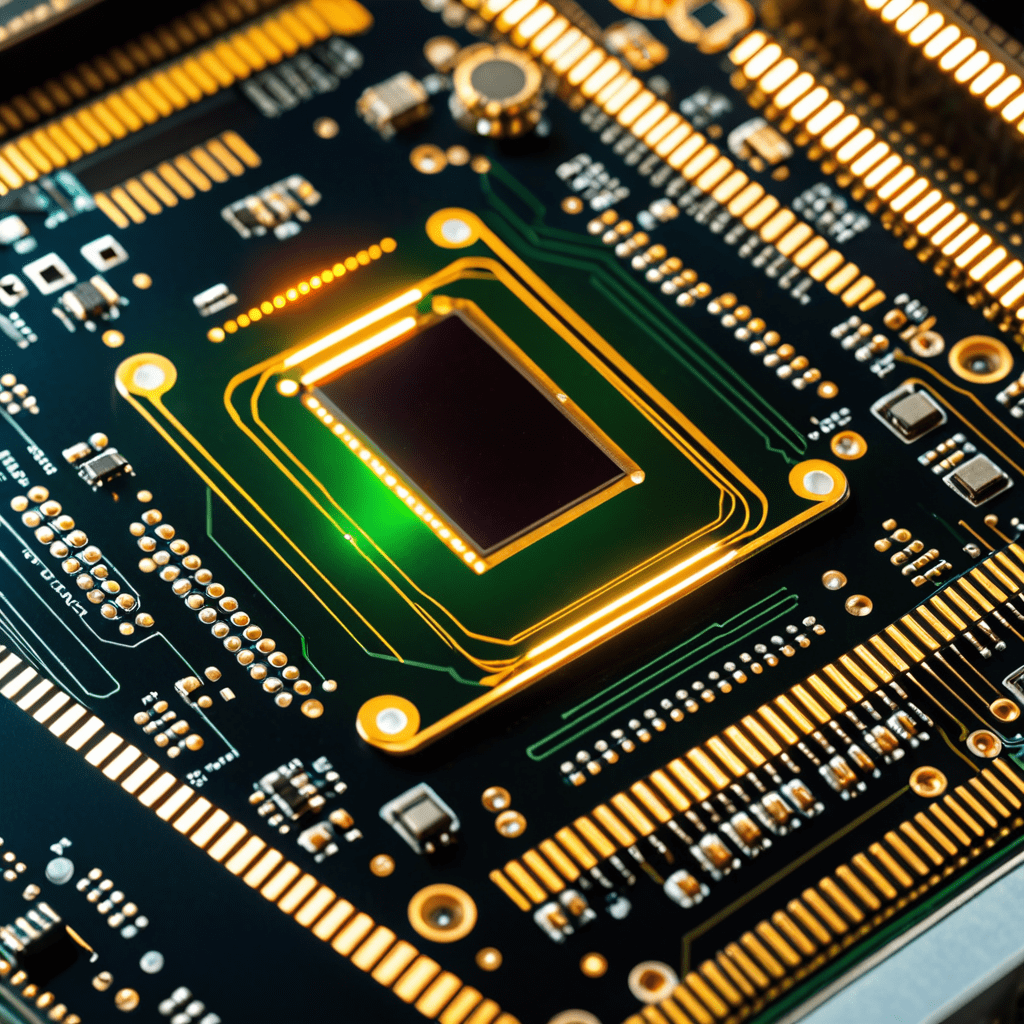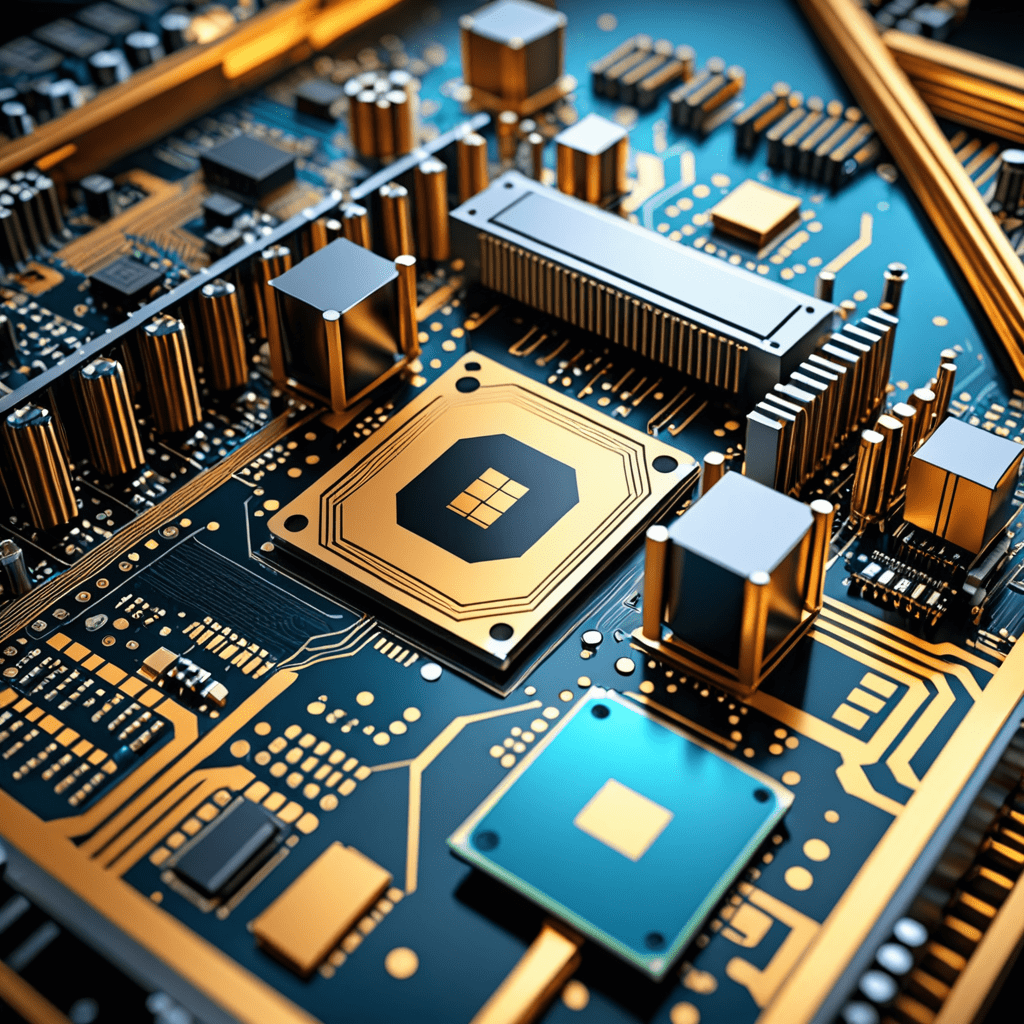The Impact of Nanotechnology on Energy Efficiency
Nanotechnology is revolutionizing the way we approach energy consumption by offering innovative solutions that reduce energy usage and environmental impact.
Understanding Nanotechnology
Nanotechnology involves the manipulation of materials at the nanoscale, typically at dimensions of 1 to 100 nanometers. At this level, materials exhibit unique properties that can be harnessed for various applications.
Enhancing Energy Efficiency with Nanomaterials
Nanomaterials have been utilized to improve the efficiency of energy storage devices, such as batteries and capacitors. By enhancing conductivity and reducing resistance, nanotechnology enables these devices to store and deliver energy more effectively.
Nanotechnology in Building Design
Nanocoatings and insulating materials can significantly reduce energy loss in buildings. Nanoparticles can be incorporated into paints, windows, and insulation materials to enhance thermal insulation and regulate temperature, reducing the need for heating and cooling.
Smart Energy Management Systems
Nanotechnology plays a crucial role in the development of smart energy management systems. Nanosensors can monitor energy usage in real-time, enabling more precise control and optimization of energy consumption.
Efficient Lighting Solutions
Nanotechnology has led to the development of more energy-efficient lighting solutions. Nanophosphors and quantum dots improve the efficiency of LEDs, reducing energy consumption for lighting applications.
The Future of Energy Efficiency
As nanotechnology continues to advance, we can expect even greater innovations in energy efficiency. From renewable energy generation to smart grids, nanotechnology offers promising solutions to reduce energy consumption and mitigate environmental impact.
Conclusion
By leveraging the power of nanotechnology, we can drive significant progress towards a more energy-efficient future. Through continued research and development, nanotechnology holds the key to reducing energy consumption and building a more sustainable world.
FAQs About Nanotechnology in Energy Efficiency
What is nanotechnology in energy efficiency?
Nanotechnology involves manipulating materials at the nanoscale level to enhance energy efficiency. By creating nanomaterials, devices, and systems, energy consumption can be reduced significantly.
How does nanotechnology reduce energy consumption?
Nanotechnology enables the development of more efficient energy storage solutions, such as high-capacity batteries and supercapacitors. It also enhances the performance of solar panels, lighting systems, and insulation materials, thereby reducing overall energy consumption.
What are the benefits of using nanotechnology in energy efficiency?
Utilizing nanotechnology can lead to lower energy costs, reduced environmental impact, and increased sustainability. Improved energy efficiency through nanotechnology can also drive innovation in various industries, leading to a more sustainable future.
Are there any challenges associated with nanotechnology in energy efficiency?
While nanotechnology offers promising solutions for energy efficiency, challenges such as cost, scalability, and potential environmental impacts need to be addressed. Additionally, ensuring the safety of nanomaterials and maintaining ethical standards in research and application are vital considerations.


